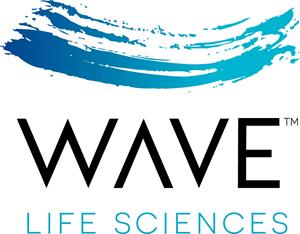
Wave Life Sciences has abandoned two drugs for Duchenne muscular dystrophy, including phase 2/3 candidate suvodirsen, in a move that takes the programme back to the drawing board.
Shares in the company were down more than 50% after the announcement, which ends Wave’s hopes of challenging Sarepta Therapeutics’ dominant position in the market for exon-skipping DMD therapies anytime soon.
These drugs are designed to increase production in the skeletal muscle of dystrophin, a protein that helps keep muscle cells intact and is absent in patients with DMD.
The biotech said it took the decision after an interim analysis of the phase 1 OLE extension study showed suvodirsen wasn’t able to raise the expression of dystrophin in patients whose DMD is amenable to treatment with exon 51-skipping therapy.
Biopsies of deltoid muscle taken from 27 of the 36 subjects enrolled in OLE at enrolment and after 12 weeks’ treatment with the oligonucleotide drug showed no change in dystrophin levels.
Wave will abandon a phase 2/3 trial of suvodirsen called DYSTANCE 51, ending any hope of filing for accelerated approval of the drug as a potential rival to Sarepta’s Exondys 51 (eteplirsen), which was approved three years ago and made around $287m in sales in the first nine months of the year.
It is also halting development of an exon 53-skipping agent – WVE-N531 – which was in early-stage testing and would have been competition for Sarepta’s Vyondys 53 (golodirsen) drug, approved in the US earlier this month.
“These results are not what we expected, particularly given the promising data from our preclinical models, and we commit to further analysing and understanding the results to aid in future research,” said the biotech’s chief medical officer Michael Panzara.
The demise of Wave’s programmes leaves Japan’s Nippon Shinyaku Pharma as the main rival to Sarepta in DMD. It’s exon 53 skipping drug viltolarsen was filed for approval in October and could be approved in the middle of next year.
DMD is one of the most common fatal genetic disorders, affecting around one in every 3,500-5,000 male births worldwide.
The finding raises serious questions about Wave’s ‘stereopure’ oligonucleotide chemistry platform, which is supposed to generate RNA-based drugs that are more potent, safer and longer-lasting than those made by other means.
Another drug candidate derived from that platform – WVE-120102 for Huntington’s disease – is in a phase 1b/2a trial (PRECISION-HD2) with results due by the end of 2019.




